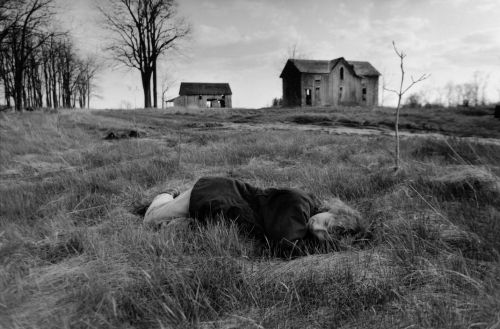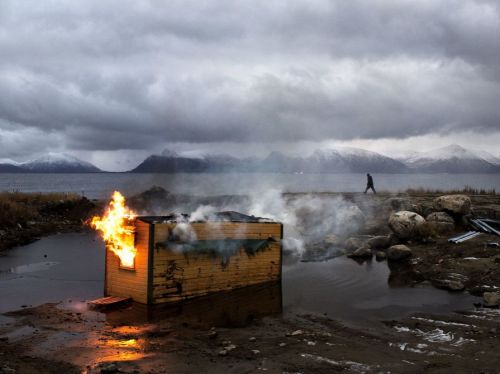The popular history of science is full of such falsehoods. In the case of evolution, Darwin was a much better geologist than ornithologist, at least in his early years. And while he did notice differences among the birds (and tortoises) on the different islands, he didn’t think them important enough to make a careful analysis. His ideas on evolution did not come from the mythical Galápagos epiphany, but evolved through many years of hard work, long after he had returned from the voyage. (To get an idea of the effort involved in developing his theory, consider this: One byproduct of his research was a 684-page monograph on barnacles.)
The myth of the finches obscures the qualities that were really responsible for Darwin’s success: the grit to formulate his theory and gather evidence for it; the creativity to seek signs of evolution in existing animals, rather than, as others did, in the fossil record; and the open-mindedness to drop his belief in creationism when the evidence against it piled up.
The mythical stories we tell about our heroes are always more romantic and often more palatable than the truth. But in science, at least, they are destructive, in that they promote false conceptions of the evolution of scientific thought.
The mythification of very hard work makes for a good story, but it minimizes the effort that went into it.
The oversimplification of discovery makes science appear far less rich and complex than it really is.
This very good op-ed in the NYTimes is focused on science, but this is true not just for science - it's true for almost anything. In tech, it's the pithy "and now it's a unicorn". In film, it's "and it premiered at (insert name of festival)". The punchline ignores all the decisions and work that went before it.
While you are in the middle of the struggle, it's easy to be seduced by the thought that others had it easy, that somehow it all came together instantly. But it's the grind, the perseverance and the hard work that matters, even though it is unglamorous and hard and unreported. It's the only thing you control.
The myths can seduce one into believing there is an easier path, one that doesn’t require such hard work.
:
:
The Darwin, Newton and Hawking of the myths received that instant gratification. The real scientists did not, and real people seldom do.








